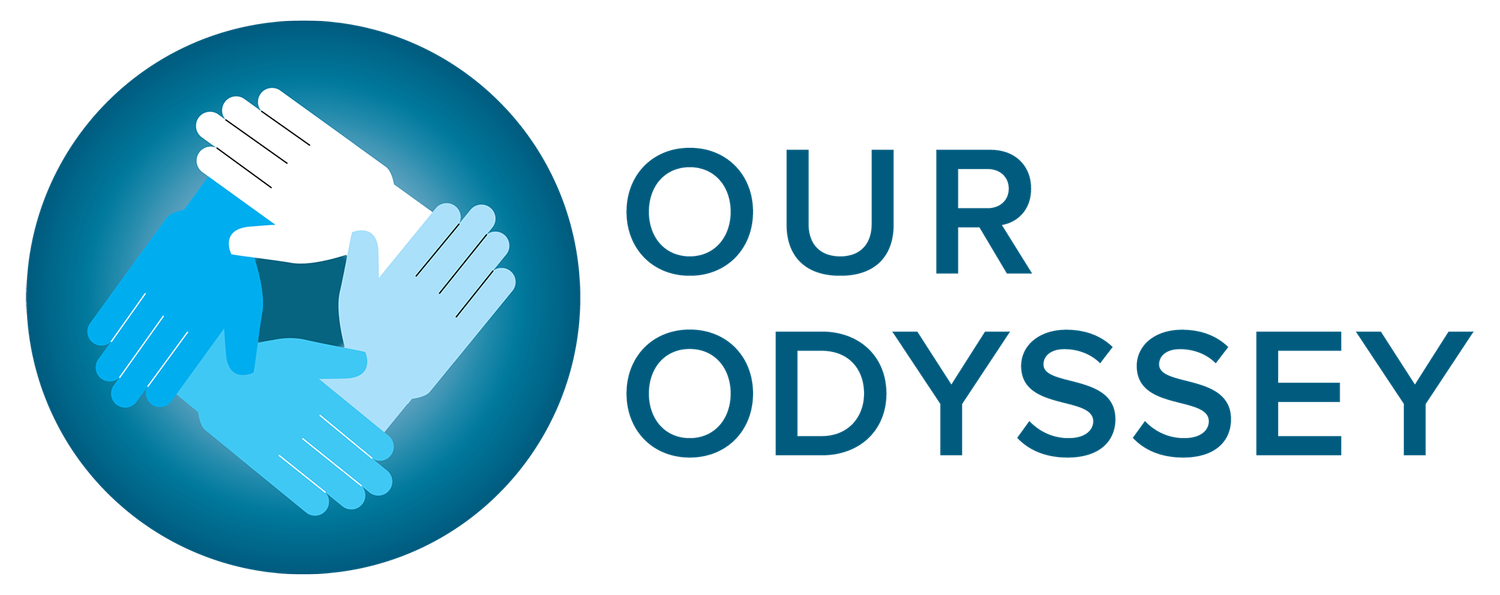Smells Like Teen Spirit
“Are you sure you can eat that?” and “Did you take your pills?” became the two most irritating questions you could've asked a teenage Lynzi. Yet my parents pretty much had them playing on a loop. I hated being asked those questions because, “Why can't I just be trusted to do what I know is right?” This distrust created a rift in relationships and sparked my rebellious teenage stage.
Being a teenager is a time for self discovery and development. It is the time to practice independence, but there is also a lot of pressure -- the pressure to fit in, to be a good person, to figure out what you want to do, to discover who you are and even what you like.
The people in my life who asked me those cringe-worthy questions, in hindsight, are coming from a place of love and concern because I didn’t prove to them that I could take care of myself. I would skip pills, hide or throw away medicine, lie about whether I had taken my pills, and lash out in irritable tantrums to deflect my bad behavior. This would inevitably end in a hospitalization. I knew that doing these things were wrong, but teenagers have two things working against them: a “who cares” attitude and the feeling of invincibility.
Just close your eyes and try to talk to your inner 15-year-old self and lay down restrictive rules over eating, drinking, exercise, stress levels, and daily activities. Admit it, 15-year-old you was like #whateverforever, “I do what I want.” “Catch me outside!” Then say, “Well if you don’t, you will die!” I know, I know my 15-year-old self laughed at me too. “Die? I’m not gonna die, that is just not going to happen to me.”
I want to share with parents of rare disease children why this time is so hard on us patients. The desire to fit in is so strong that it was difficult to even talk about my rare disorder, and I hated being talked about. I would have much rather pretended I am “normal” to my own detriment than to be different. Nobody likes to be pitied even if it is by your BFF.
The diagnosis in itself is disempowering, but on top of that, I was often introduced as “the daughter with the rare disease.” I was often talked about as if I wasn’t there; to strangers, friends, family and doctors. “UGH hello! I am more than that and I’M RIGHT HERE!” It is also really disempowering to talk about someone like they are not there. I might as well have been invisible for all the respect I was being shown. No one asked if it was okay to tell my personal business to strangers. Not to mention the dreaded doctor appointments where my life was planned by everyone but me. “Don’t I get a say?” “I have a mouth and a brain.” Yet no one asked for my input, which was infuriating. This resulted in me clamming up completely and mostly ignoring everything everyone had to say.
I had to deal with all of this while grieving the life before the diagnosis; grieving over dreams that will never come true due to restrictions and hard realities. This meant learning to accept the diagnosis in its entirety. Once I accepted my diagnosis fully and understood that this is a part of me, it developed parts of my personality along the way. It will always be with me so I just stopped fighting it. The constant disempowerment was gone. Life became a lot easier and I was able to become independent, which honestly is the only thing a teenager really wants.
Getting there was a long and rough road though. The need for space to grow and make mistakes was imperative. I needed to learn about my disorder, how to manage it and even what not to do. I was not taught or encouraged to be independent because my parents were afraid a teenager would make a fatal mistake. They were also afraid of a life where they were no longer in control of my disease management because change is scary and I hadn’t earned their trust. Teenagers need to feel independent and taught how to be independent. This is the time to be taught to champion the disease and be your own advocate and live your best life.
Lynzi Russell is a patient advocate and rare disease leader in the health community. She is a writer, curator, and speaker who enjoys helping out others by sharing her own personal journey of being impacted by Urea Cycle Disorder. To learn more about the condition please visit www.ucdfamily.org or follow Lynzi on Instagram @Lynzebra.


